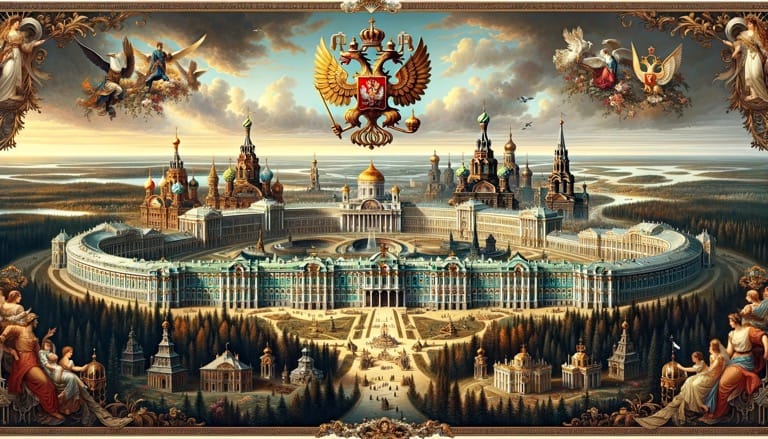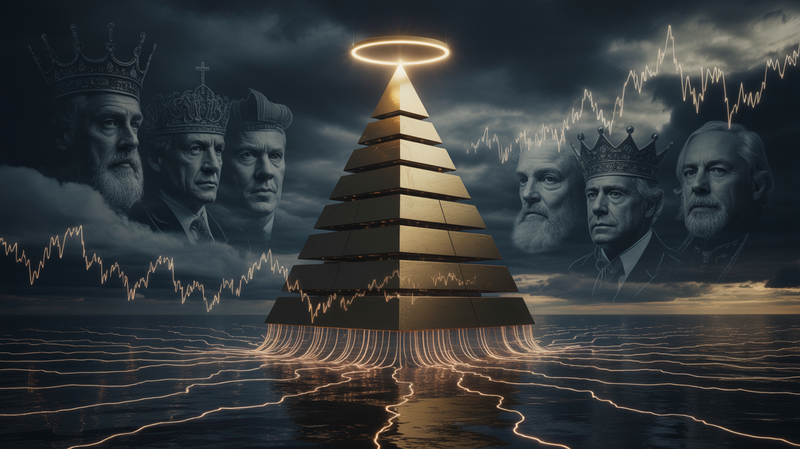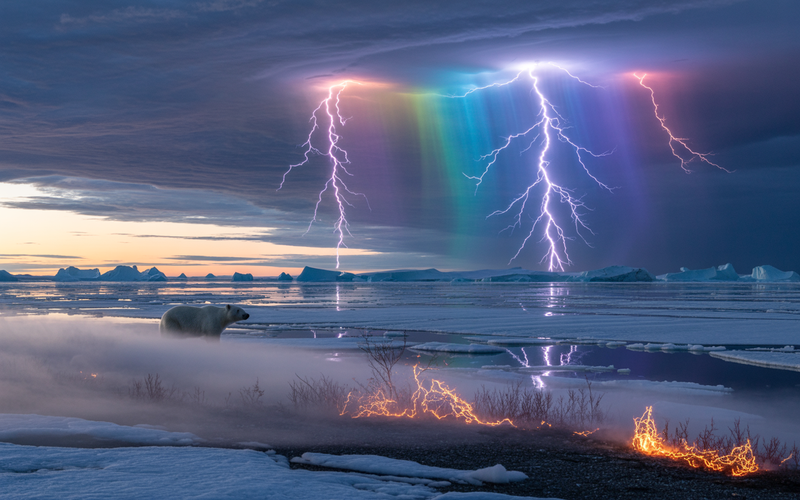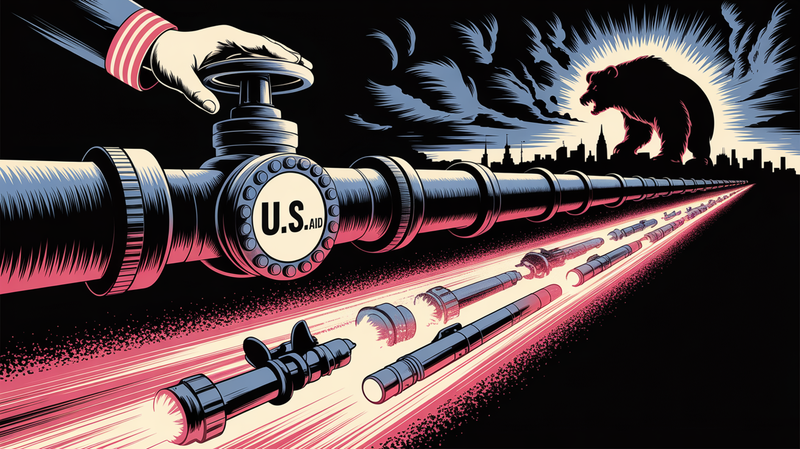Putin's Decree on Global Hunt for Russian Empire and Soviet Union Assets: A Strategic Move Amidst Global Tensions
In a move that has ignited significant international intrigue and concern, Russian President Vladimir Putin has signed a decree authorizing a comprehensive search for assets abroad that once belonged to the Russian Empire and the Soviet Union. This decision, seen by some as an assertive display of historical revanchism, has

In a move that has ignited significant international intrigue and concern, Russian President Vladimir Putin has signed a decree authorizing a comprehensive search for assets abroad that once belonged to the Russian Empire and the Soviet Union. This decision, seen by some as an assertive display of historical revanchism, has raised eyebrows across the globe, particularly among nations that were once part of these bygone empires.
The decree, which allocates funding for a state unit tasked with conducting these searches, marks a bold assertion of Russia's historical claims. The operation's scope includes identifying, registering, and legally protecting properties that were part of the Russian Empire and the Soviet Union. This initiative covers territories extending into modern Poland, the Baltic States (Estonia, Latvia, Lithuania), parts of Scandinavia, and even Alaska, fueling debates over the Kremlin's long-term geopolitical ambitions.
Putin's directive is a response to recent actions by the European Union and the United States, which involved freezing approximately $300 billion of Russian central bank assets following Russia's invasion of Ukraine in 2022. Russian officials, including Kremlin spokesperson Dmitry Peskov, have labeled these asset freezes as "direct theft," threatening potential legal proceedings and promising mirror responses to any confiscation attempts.
The historical context of this decree traces back to the vast expanse of the Russian Empire, which, at its peak, encompassed a significant portion of Eastern Europe, Northern Asia, and even North America (Alaska). Following the empire's dissolution and the rise of the Soviet Union, much of this territory remained under Moscow's influence until the USSR's collapse in 1991. Today, these regions are sovereign nations, with many of them part of the European Union and NATO, complicating Russia's quest to reclaim these assets.
Putin's order, which is being carried out by the Russian Foreign Ministry and the Presidential Administration's Foreign Property Management Enterprise, has sparked speculations about Russia's intentions. Some analysts view it as a symbolic gesture to bolster nationalistic sentiments within Russia, while others perceive it as a potential precursor to more aggressive foreign policy moves. The decree has also been interpreted as a tactic to undermine the international legal order and challenge the post-Cold War status quo in Europe.
The global response to this development has been mixed. Some nations have expressed alarm over the implications of Russia's historical claims, while others have downplayed the decree as a political maneuver with limited practical impact. Nevertheless, the initiative underscores the ongoing complexities of Russia's relationship with its neighbors and the broader international community.
As the search for these historical assets unfolds, the world watches closely to see how this initiative will impact Russia's foreign relations and the delicate balance of power in the post-Cold War era. Putin's decree is not just a quest for lost treasures; it symbolizes a deeper struggle over history, identity, and the geopolitical legacy of the Russian Empire and the Soviet Union.




